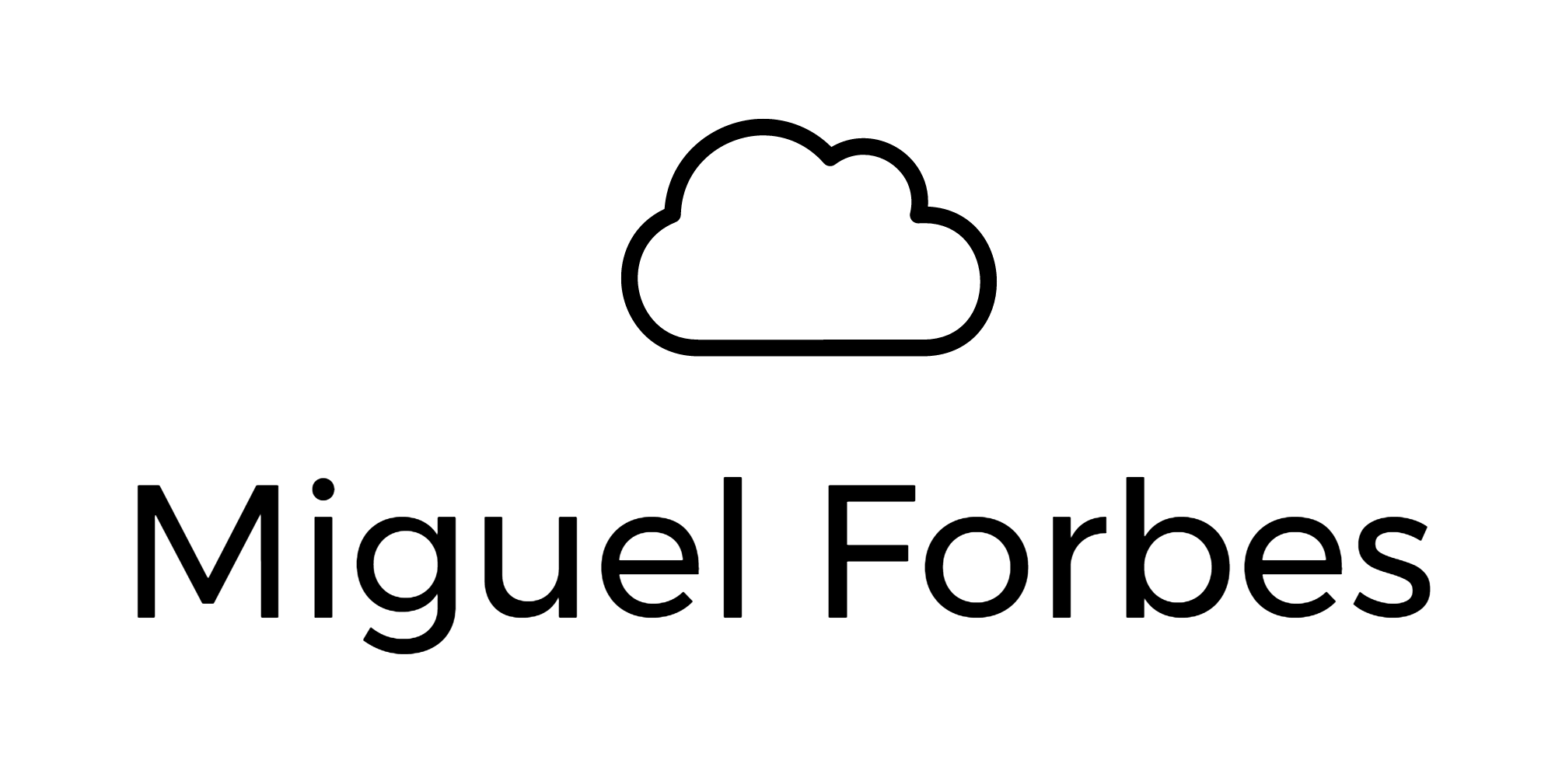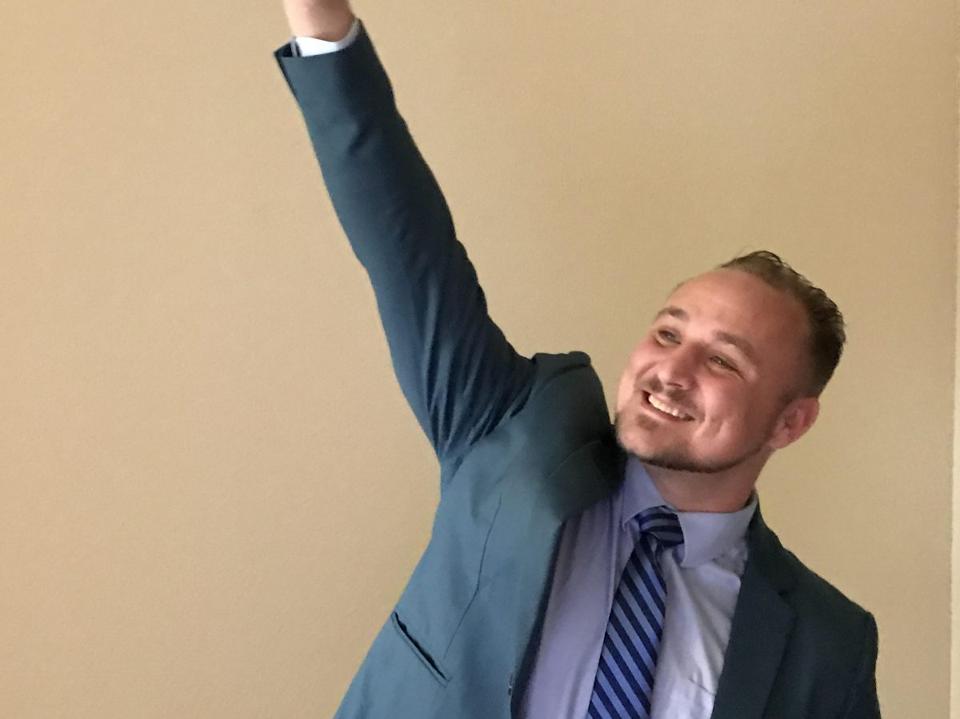Sober Grid Founder Comes Clean
I recently spoke with Sober Grid founder Beau Mann regarding his social platform that helps connect people in the addiction recovery community. He has some wonderful experiences that have saved lives and brings people together to overcome a tragic disease of chemical dependency by leveraging technology and communication. Here is what he had to say:
Forbes: Please tell us how you founded Sober Grid?
Mann: A few years ago, I was away from home at the Sundance Film Festival and I wanted to connect with other sober people for both social activities and supportive connection. This type of connection is especially important when one is away from their established sober support network. I knew other smartphone apps existed to connect other populations such as Grindr for gay men, Untappd for beer lovers, and Runkeeper for runners, so I was shocked to find that no similar app existed to connect people in recovery. I immediately recognized how beneficial such an app would be for people in recovery, or people still trying to get sober, and I set out to build Sober Grid.
I started Sober Grid because I saw an important, but at that time unmet, need for people in recovery from alcohol and drug addiction to find and connect with their peers. I entered recovery at the age of 23, and I have relied on the support I received from sober peers to achieve and maintain my sobriety.
Forbes: What is unique about Sober Grid?
Mann: Sober Grid is unique because it takes peer support into the digital age. Sober Grid enables people in recovery from addiction to find and connect with others nearby, as well as to tap into a global sober community for immediate connection and peer support 24/7, directly from their smartphone. In-person support meetings are incredibly beneficial, but they are not offered in all locations or at all times of day. Sober Grid removes barriers that impede people from finding support wherever and whenever they need it, and puts this support in a person's pocket, allowing them to access it "on demand" with the touch of a button.
Forbes: Do you have any interesting stories about how Sober Grid has helped people?
Mann: Absolutely! We receive feedback from Sober Grid members on a daily basis, letting us know that the support they received from others on Sober Grid kept them from relapsing. Relapse, especially when dealing with substances like heroin and other opioids, is quite literally a life or death scenario. So Sober Grid is indeed saving lives.
One story stands out in particular. A California man in his 20s – I’ll call him Ryan for our purposes. Ryan was on Sober Grid and reached out for help. Another member in the California area answered his call. Ryan was struggling with heroin addiction and was in need of immediate treatment. Unfortunately, he could not afford it on his own and was having trouble finding a facility that would accept him. The Sober Grid member who helped him reached out to their connections and was able to get Ryan a scholarship and into a treatment center. Ryan went to treatment and has been sober since. He credits the support he received through Sober Grid with saving his life.
What also stands out for me are the many different ways in which Sober Grid members are using the app to address their own unique needs and situations. For example, we had one user in a remote area in Alaska who was struggling, quite understandably, with feelings of isolation. He did not have access to in-person support, and prior to discovering Sober Grid, was attempting to overcome addiction on his own. Through Sober Grid, he was able to find a community and a sense of belonging that helped him with his struggle. He was able to get the support he needed, and connect with others whenever he needed to, despite his physical isolation.
One final example is that of a Sober Grid member I interacted with personally. I connected with a young man on the West coast who was new to sobriety and reached out on our newsfeed for guidance from the community. He really had no idea what tools people can use to stay sober. I suggested he try a 12 step program. He followed this advice and found that this type of program was both a great fit for him and incredibly beneficial to him for his sobriety. Sober Grid, in this case, was a conduit for information. He had read about 12 step meetings online, but actually talking and learning about them from another person who had used them to get sober - that essential human connection - was the factor that convinced him to give them a try and to discover a powerful resource he may not otherwise have tried.
Forbes: What does Sober Grid look like a few years from now?
Mann: Sober Grid already has a large and rapidly growing user base. In a few years, I envision Sober Grid as being a household name in the recovery community. Sober Grid is a powerful tool to help people get, and remain, clean and sober. As our user base grows, Sober Grid's value only continues to increase as individuals become able to find others to connect with around them no matter where they live. I believe Sober Grid will change the face of addiction recovery by allowing all those in need, no matter where they are, to access life saving support that will help them recover.
We are also releasing a platform that utilizes artificial intelligence and machine learning in order to project if someone will relapse. The platform will also help to identify if someone has relapsed so that they can be connected with rehab providers.
Forbes: What would you say to people thinking about becoming an entrepreneur?
Mann: I would advise that if you want to be an entrepreneur, you must work on a project you feel passionate about. It is an incredibly difficult undertaking that is both physically and emotionally taxing. However, it is also an incredibly rewarding undertaking when you are working to build something you are passionate about.

